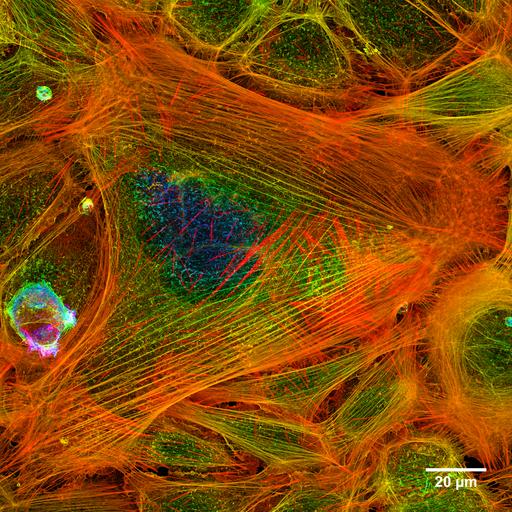Crowdsourcing diagram attribution: By Dbrabham (Own work) [CC BY 3.0 (http://creativecommons.org/licenses/by/3.0)], via Wikimedia Commons
The 2015 Hackathon Is Over, But the Opportunity To Build Apps Is Not.
Now that the 2015 NASA SpaceAppsChallenge weekend hackathon has concluded, we’ve changed our title to reflect the evergreen nature of the NASA challenges.
If you have ever wanted to build an application for a smartphone or computer, and been unable to choose a topic or pin down resources, NASA has provided a gold mine of ideas within the framework of their past Space App Challenges. These challenges have occurred as weekend hackathons, in 2012, 2013, 2014, and now 2015, based on a 2010 policy of the U. S. federal government to tap citizen potential for participation in programs of national importance. As a result, NASA started, among other things, various challenges, utilizing a “crowdsourcing” structure.
So, although the 2015 SpaceAppsChallenge is over as an event, the needs are still there, and the resources are amazing and will expedite your project and self-teaching. Just choose a challenge, invent your project, and use the resources provided by NASA to make your amazing smartphone or computer application for use by citizen scientists to solve a NASA problem.
If you ever wanted to be involved in the outer space and atmospheric sciences, this is your amazing chance. The resources have been handed to you on a “silver platter.”
The NASA SpaceAppsChallenge Hackathon April 10-12, 2015 Is Not Just About Making Apps for Citizen Observers.
In the tech world, crowdsourcing has become a popular design process by which many independent coders submit original solutions to a given problem, with the originator of the problem selecting the most promising design(s) for further development.
When crowdsourcing occurs within a short space of time, such as a weekend, it is known as a hackathon.
The NASA SpaceAppsChallenge FAQs give some insight on who should consider participating in the 2015 hackathon:
Is the event limited to just software development?
Absolutely not! We need people with all types of skills to participate in the International Space Apps Challenge! Teams need project managers, designers, artists, educators, writers – anyone who can help advance the cause. You can definitely contribute! Participants in the event will collaborate to build software, open hardware, data visualization, and citizen science platform solutions that contribute to space exploration and solve global challenges that focus on improving life on earth. In fact, most teams will benefit from having non-programmers working with them.
Since the event is called Space Apps, do the solutions need to be applications?
In spite of the name, it is not just about APPS! There are challenges that involve robotics, data visualization, hardware, design, and many other elements!
Source: FAQs from NASA SpaceAppsChallenge “About” page.
For the 2015 event, NASA has taken steps to encourage broad participation of space enthusiasts who have little or no coding skills, particularly women, who have been underrepresented in past challenges.
This year, NASA is placing special emphasis on Women in Data. For the first time, we are offering a data bootcamp for participants interested in improving their skills with code, data and project advocacy. The bootcamp will be open to everyone and streamed online from the main stage event in NYC.
Source: NASA blog.
According to the NASA SpaceAppsChallenge 2015 website, teams will form at the event, if not before, although teams already formed may attend. At least one member of the team must be at a physical site, to present the team’s project.
How does the online and offline registration work?
This is a worldwide event taking place nearly simultaneously at many locations in many countries. If you are in the United States, North America, you will need to select from one of the following physical locations, although if participating virtually from your own computer, you may have a broader choice of location.
Although registration is possible at the physical site, it is preferable to register for the event online, so that participating locations will be able to anticipate the number attending, and also so participants may be notified of advance procedures and instructions:
Planet Earth (virtual participation from your computer)
Hampton, Virginia (Peninsula Technology Incubator)
Carmel, Indiana
Cleveland, Ohio
Irvine, California (Peoplespace)
Kansas City, MO (Missouri?)
New York, New York
Oakland, California
Oklahoma City, Oklahoma
Orlando, Florida (Canvs)
Pasadena, California
Reno, Nevada
Round Rock, Texas
Sacramento, California
San Francisco, California
Seattle, Washington (Jigsaw Renaissance)
Bookmark this page for information about the event, before you go here to register.
See the next page for a one-page summary of all the projects. This summary is provided for those who may be short on time, and wish to avoid the time sink of exploring many options on many different web pages.



